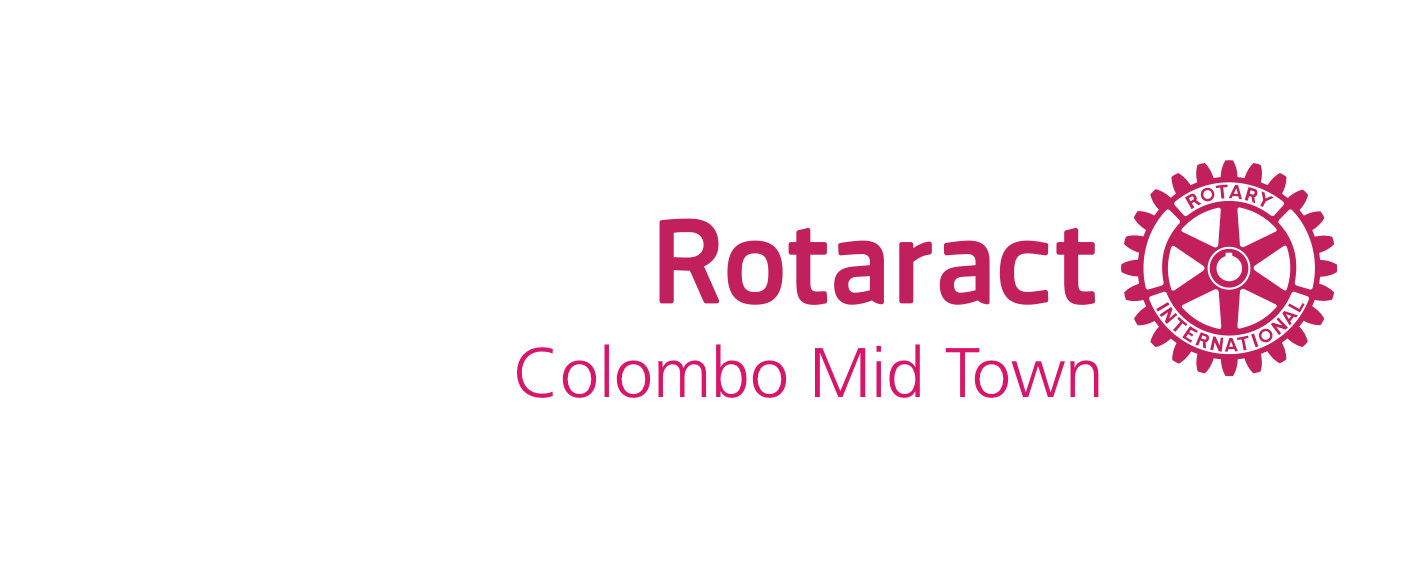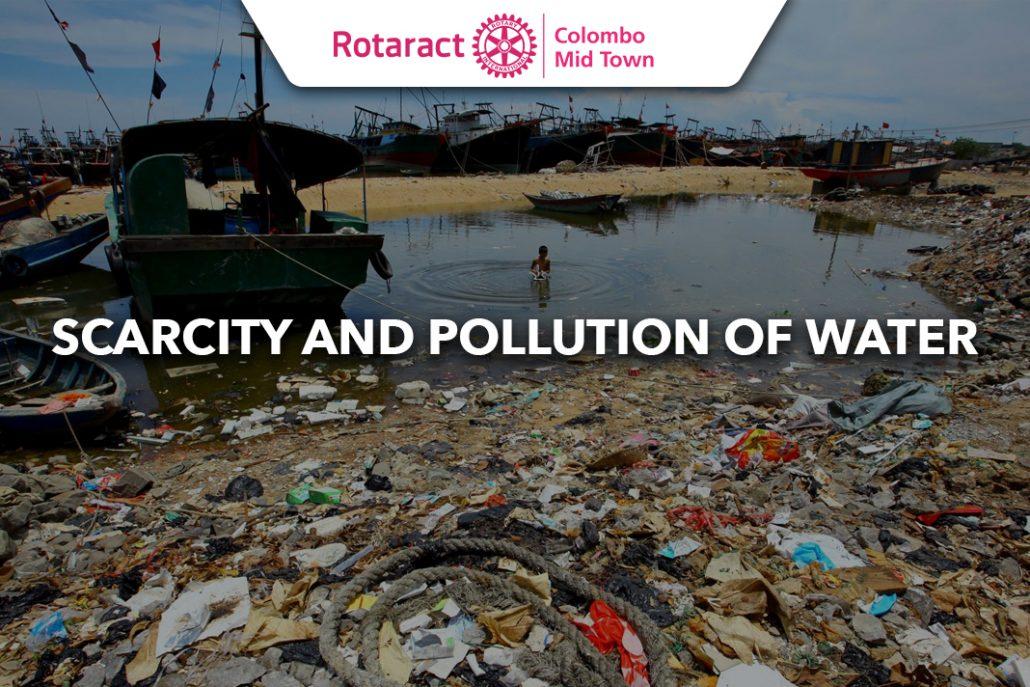Water pollution is an increasing global concern that damages economic growth and the health of billions of people.

We always talk about the word “water pollution” but it seems that we still do not know the real meaning of it. Water pollution is the contamination of pure water bodies with the pollutants as a result of human activities or naturally.
Though there are many ways of polluting water bodies naturally, there are thousands of ways that water pollution is caused because of humans. And those ways are increasing in number mainly due to urbanization and industrialization.

How industrialization affects the water pollution
Industrialization plays a crucial role when it comes to “water pollution”. However, pollution is the inevitable price paid for this development. Since “industrialization” is a must, we cannot 100% prevent pollution. Especially for water pollution. But the thing we can do is take steps to minimize this pollution.
If we question “how can this water pollution be minimized?” we can come up with several solutions.
One way is to dispose of toxic products with care, preserve clean water, preserving ecosystems. Purify the pollutants or filter them before releasing to the water bodies.
There are tons of laws, rules and regulations to keep those standards under the frames. However, the misbehaviors or the lack of performance of the relevant officials has made this condition worse.
How urbanization affects water pollution
Apart from industrialization, the other major way of water pollution is urbanization. Sometimes this method has severe effects than the previous fact because “urbanization” has effect to the underground water bodies as well. Therefore, this has created “water scarcity” in some regions of the world.
Deforestation, piling up the lowlands which side action of the urbanization is also directly affecting the pollution of water.
Furthermore, increasing of the world’s population is also of one of the main reasons of water pollution. The world’s urban population is expected to increase by 72 % by 2050, from 3.6 billion in 2011 to 6.3 billion in 2050. African and Asian urban population is expected to be around 57.7 and 64.4% at urbanization rate of 1% and 0.9% respectively. In developing countries, average sanitation coverage (56%) is far less than water coverage (85%). For example, in Africa, even in urban area coverage for sanitation is 46% and water is 84% and the coverage is even significantly lower in the rural areas.
Current models of urban planning and water management have already failed or likely to fail from the perspective of cost effectiveness, technical performance, social equity, and environmental sustainability. Therefore, people are forced to make habitation illegally or in an unauthorized way causing the “water pollution” problem.

Our responsibility
So, as responsible citizens of the world we need to raise awareness of this increasing danger for the world let alone the health hazards for upcoming generations.
And last but not least enable call to action immediately to minimize the water pollution.
Rtr. Akila Liyanage | mlakilaliyanage@gmail.com



